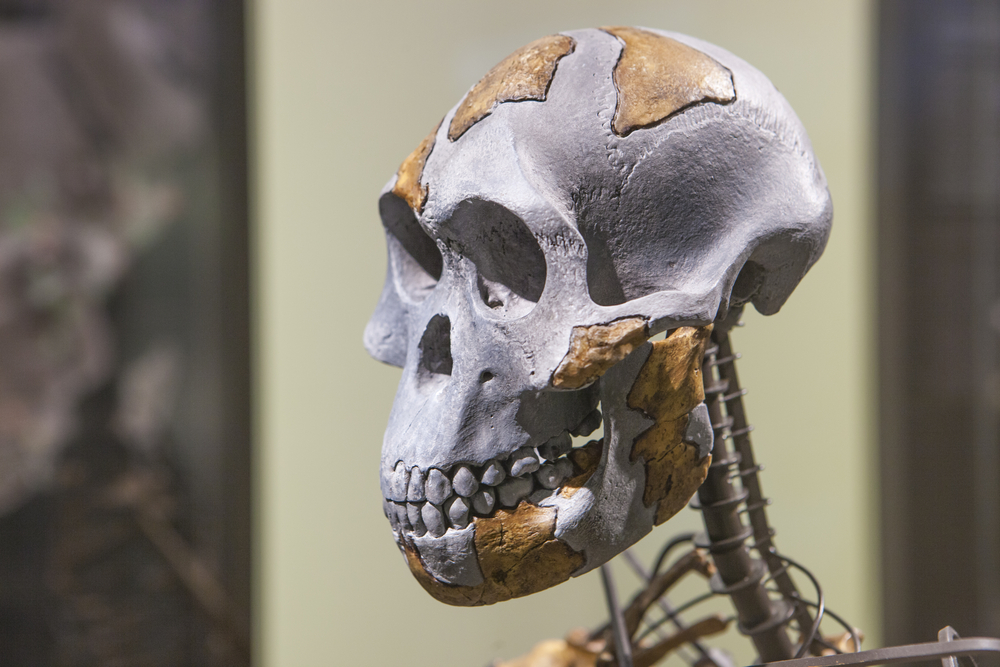Global warming is projected to lengthen the ice-free period in the Hudson Bay, reducing the length of the resident polar bears’ hunting season, according to research published in Communications Earth & Environment. Under a temperature rise of more than 2.1 degrees Celsius, the authors suggest that the duration of the ice-free period in the majority of Hudson Bay may be longer than the maximum fasting period adult polar bears can survive. Global warming is projected to lengthen the ice-free period in the Hudson Bay, reducing the length of the resident polar bears’ hunting season, according to research published in Communications Earth & Environment. Under a temperature rise of more than 2.1 degrees Celsius, the authors suggest that the duration of the ice-free period in the majority of Hudson Bay may be longer than the maximum fasting period adult polar bears can survive. Plants & Animals Ecology Phys.org – latest science and technology news stories








